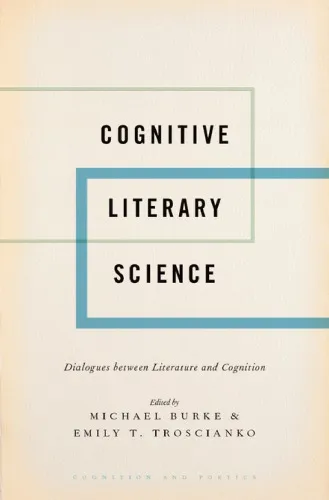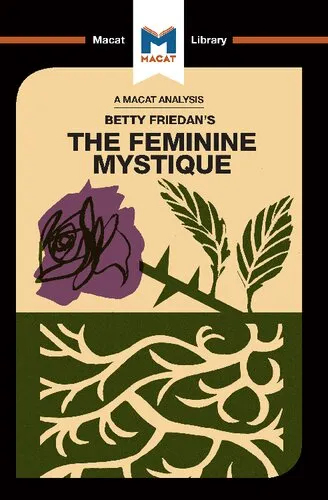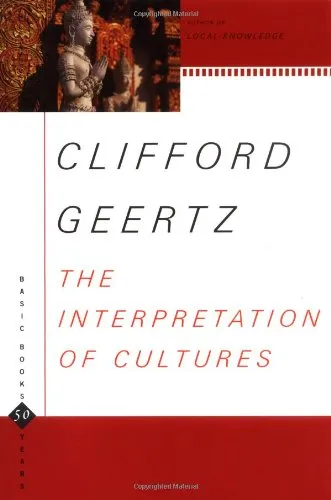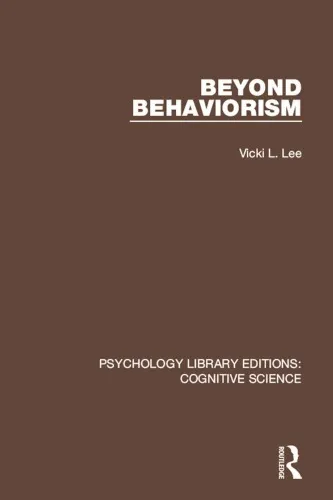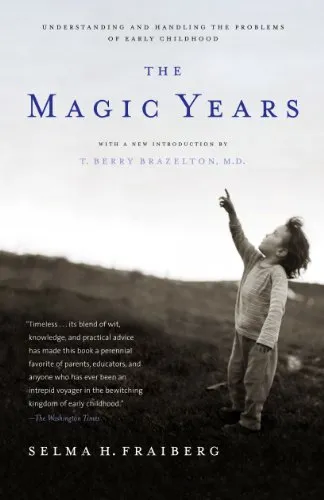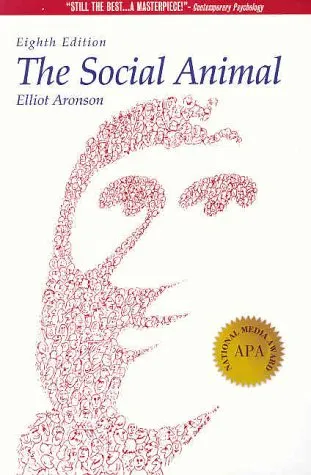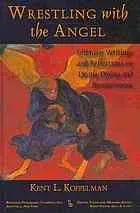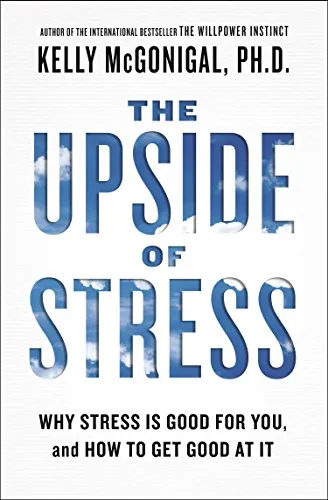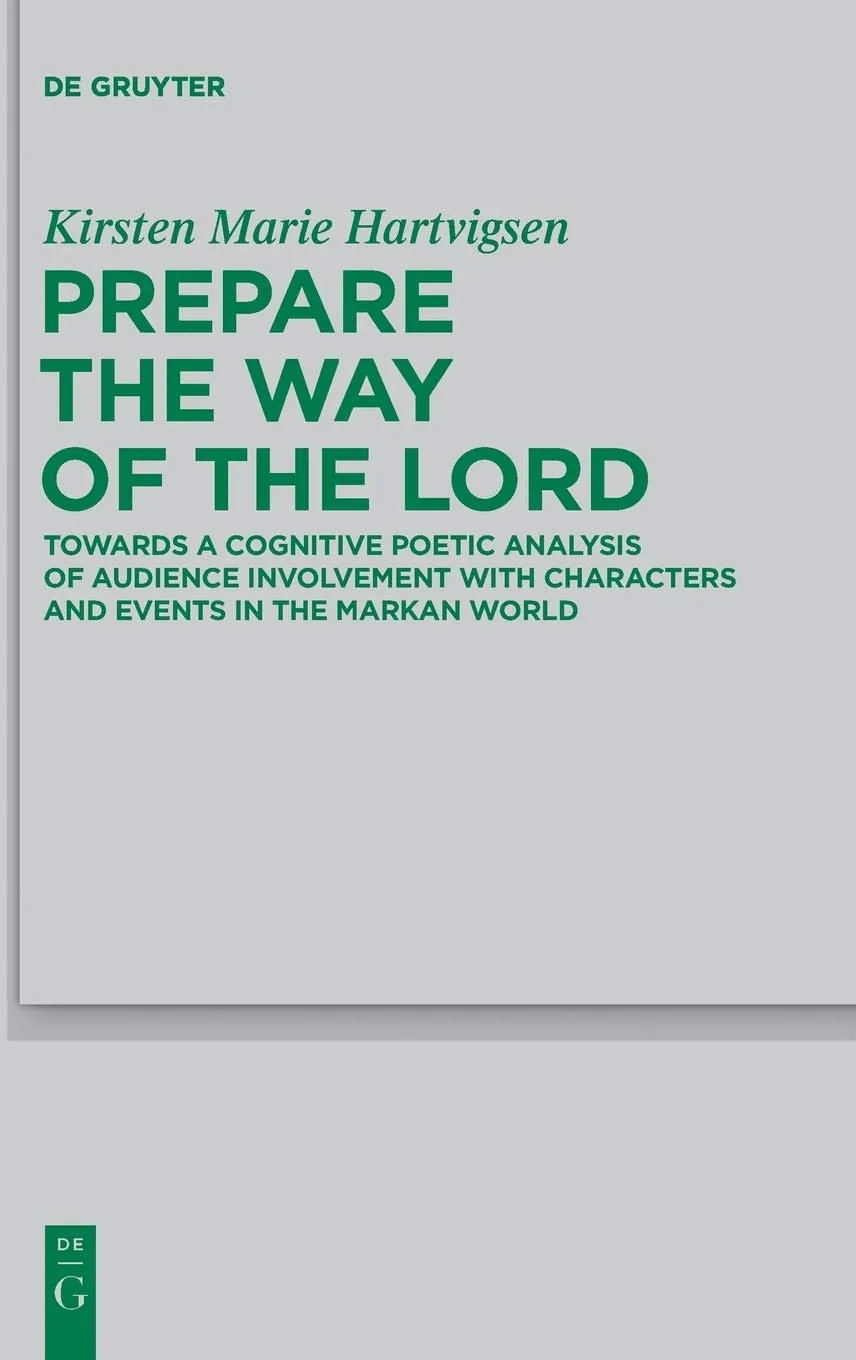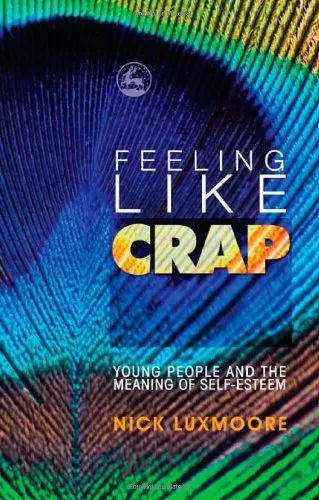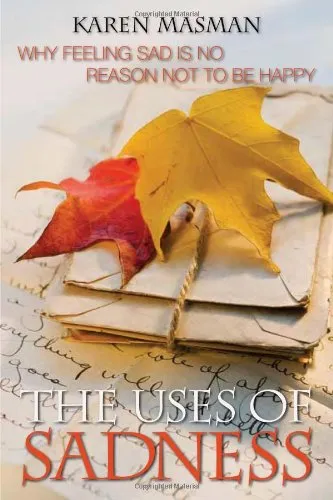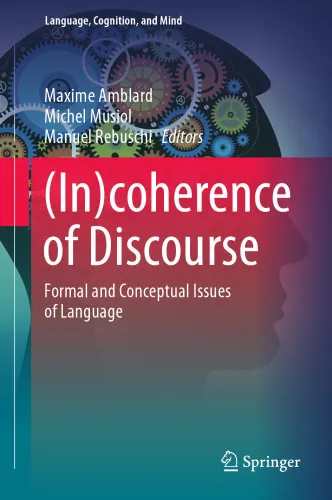Cognitive literary science : dialogues between literature and cognition
4.5
Reviews from our users

You Can Ask your questions from this book's AI after Login
Each download or ask from book AI costs 2 points. To earn more free points, please visit the Points Guide Page and complete some valuable actions.Related Refrences:
Cognitive Literary Science: Dialogues Between Literature and Cognition
Cognitive Literary Science: Dialogues Between Literature and Cognition is a groundbreaking and interdisciplinary work, bringing together two traditionally disparate fields—literary studies and cognitive sciences. Authored by Michael Burke and Emily Troscianko, this book delves into how cognitive science can provide fresh insights into the study of literature and how, conversely, literature can illuminate complex cognitive processes. The book serves as a dialogic bridge, inspiring readers to view human thought and storytelling as co-evolving phenomena crucial to our understanding of both art and mind.
Detailed Summary of the Book
At its core, Cognitive Literary Science seeks to answer fundamental questions about the connections between literature and human cognition. Drawing on interdisciplinary research, the authors explore how the cognitive mechanisms underlying perception, imagination, memory, and emotion intersect with literary theories and textual practices. The book reframes traditional literary studies by examining the neurological and psychological effects of reading and creating stories.
The text is divided into several essays and case studies contributed by experts in both fields, unveiling mutual insights that can only arise when the humanities and science engage in dialogue. The topics discussed in the book range from the role of mirror neurons in literary empathy to the way narrative structures influence our sense of self. The essays also explore specific genres, such as poetry and fiction, and analyze the cognitive mechanisms involved in reading humor or tragedy.
More broadly, the book discusses the transformative potential of including cognitive science in literary research and demonstrates how literature can further understanding of consciousness, emotion, and mental imagery. By using this interdisciplinary lens, Cognitive Literary Science fundamentally reimagines the way we see the relationship between storytelling and human thought processes.
Key Takeaways
- Literature not only reflects human cognition but also actively shapes it by engaging complex neural and psychological mechanisms.
- Cognitive literary science bridges two fields, providing a richer understanding of both storytelling and the mind.
- Neural phenomena such as empathy, memory, and imagination are deeply tied to how we interact with literary texts.
- Interdisciplinary approaches can revolutionize traditional literary analysis by integrating scientific insights.
- Literature plays a key role in shaping human emotions and identity through its influence on cognitive processes.
Famous Quotes from the Book
"The act of reading literature is a meeting place where cognition and creativity blend to forge human understanding."
"Understanding how we process narratives is not merely an academic exercise; it’s a study of what it means to be human."
"Stories shape minds, and minds shape stories—this synergy is the essence of cognitive literary science."
Why This Book Matters
Cognitive Literary Science occupies a unique space in modern scholarship by addressing the growing need for interdisciplinary approaches in academia. As the lines between the sciences and the humanities blur, the book sets an example of how cross-disciplinary collaboration can yield profound insights. The work is not only valuable for scholars of literature or cognition, but also for anyone interested in the broader question of how stories shape human minds and societies.
This book also opens up new pedagogical possibilities. Teachers, researchers, and writers can use its findings to foster more engaging learning environments, create more impactful narratives, and deepen their own understanding of how storytelling operates at a fundamental human level.
By presenting rigorous research in an accessible format, the book manages to appeal to both specialists and general readers. It fosters greater holistic comprehension of how storytelling is intricately linked to the way humans think, feel, and connect with one another. In today’s world, where understanding empathy and cultural narratives is more important than ever, Cognitive Literary Science offers an essential perspective.
Free Direct Download
You Can Download this book after Login
Accessing books through legal platforms and public libraries not only supports the rights of authors and publishers but also contributes to the sustainability of reading culture. Before downloading, please take a moment to consider these options.
Find this book on other platforms:
WorldCat helps you find books in libraries worldwide.
See ratings, reviews, and discussions on Goodreads.
Find and buy rare or used books on AbeBooks.
1296
بازدید4.5
امتیاز0
نظر98%
رضایتReviews:
4.5
Based on 0 users review
Questions & Answers
Ask questions about this book or help others by answering
No questions yet. Be the first to ask!
